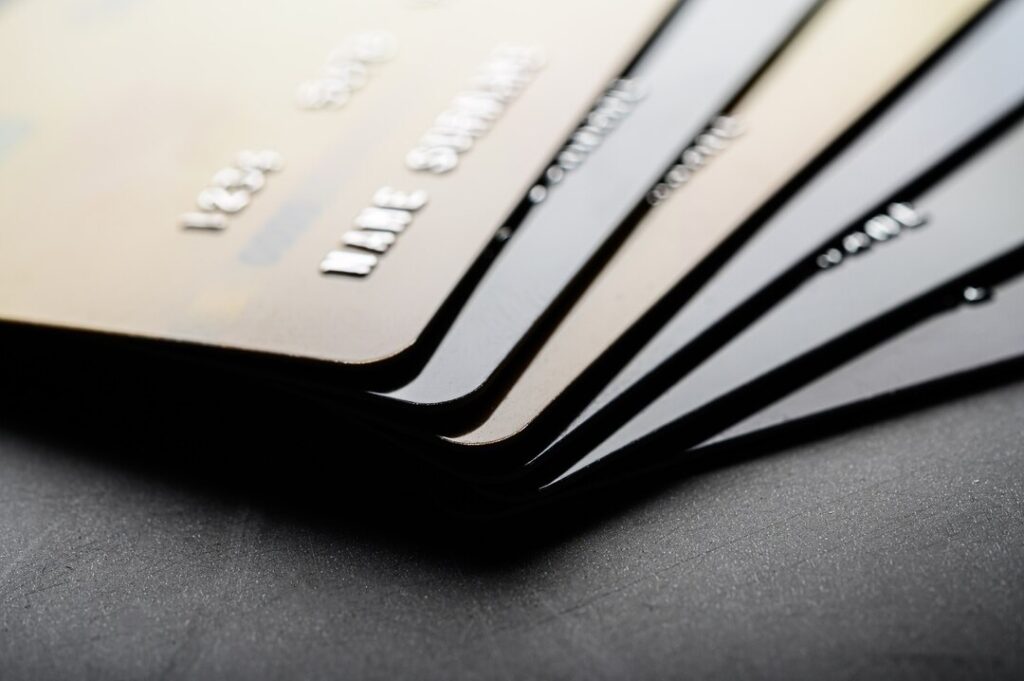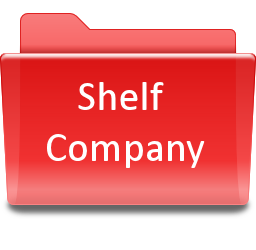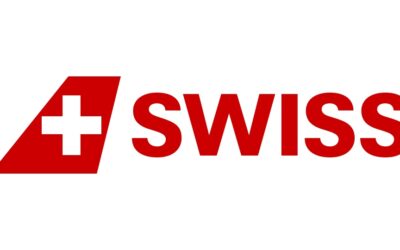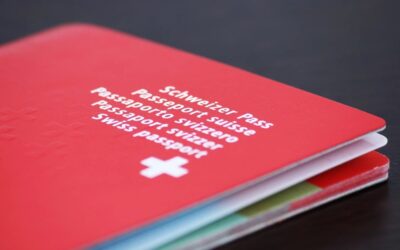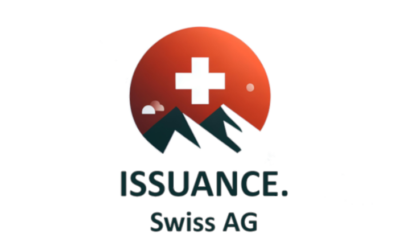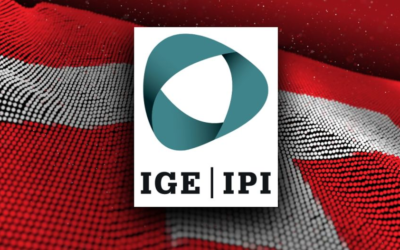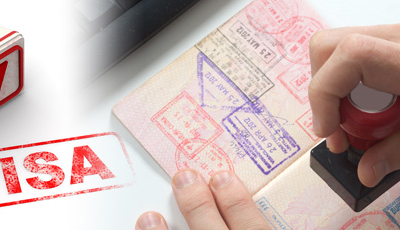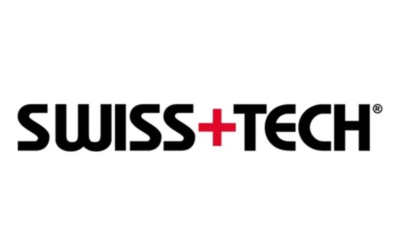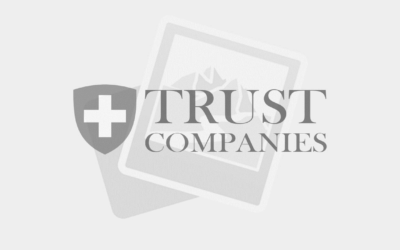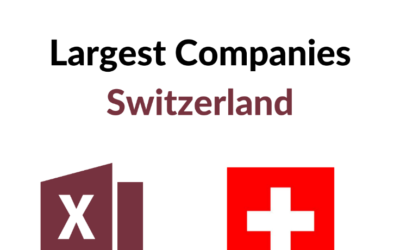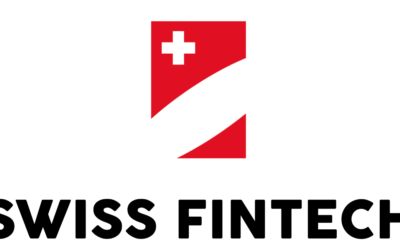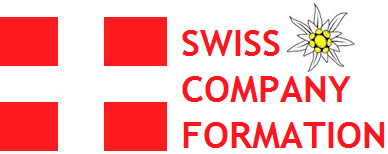Would you talk with someone in our company regarding any issues? Just drop us a line!
Table of Contents
- 1 Understanding the Swiss Banking System
- 2 Why Choose a Swiss Bank Account?
- 3 Comprehensive Steps to Open a Swiss Bank Account
- 4 Costs of Opening and Maintaining a Swiss Bank Account
- 5 Swiss Bank Account Types: Finding Your Ideal Solution
- 8 Legal Considerations When Opening a Swiss Bank Account
- 9 How Swiss Banking Compares to Other Financial Centers
- 10 Common Misconceptions About Swiss Banking
- 11 Final Thoughts on Swiss Banking Excellence
- 12 Faq
Understanding the Swiss Banking System: A Gateway to Financial Excellence
Switzerland has long been recognized globally for its exceptionally well-regulated, discreet, and resilient financial sector. For over a century, a Swiss bank account has represented the gold standard in international banking, offering both individuals and businesses access to a financial system renowned for its stability, security, and worldwide reach.
Swiss banks serve an impressively diverse clientele—from local residents to international entrepreneurs, high-net-worth individuals, and global investors. Clients opening a Swiss bank account gain access to a comprehensive array of services, including sophisticated wealth management solutions, corporate banking facilities, and personal accounts meticulously tailored to address complex financial needs and goals.
The country’s unwavering commitment to banking discretion, combined with strong regulatory oversight from FINMA (Swiss Financial Market Supervisory Authority), has solidified Switzerland’s position as a long-standing leader in international banking and financial services. This unique combination of privacy and regulation creates an environment where assets can be protected while maintaining compliance with global standards.
Why Choose a Swiss Bank Account?
Banking in Switzerland offers numerous advantages that continue to attract clients from around the world:
Unparalleled Financial Stability
The Swiss economy consistently ranks among the most stable globally, with the Swiss franc maintaining its value even during major economic downturns. This economic stability directly translates to the Swiss banking system, providing account holders with peace of mind regarding their deposited assets. According to the World Economic Forum’s Global Competitiveness Report, Switzerland routinely ranks among the top nations for economic stability and financial system development.
Enhanced Client Confidentiality
While aligned with global transparency rules through automatic exchange of information agreements, Swiss bank institutions continue to uphold strict client privacy laws. The famous Swiss banking privacy protections remain stronger than those found in many other jurisdictions, offering legitimate privacy that many international clients value.
Comprehensive Multi-Currency Functionality
Swiss bank accounts typically offer multi-currency capabilities, with accounts commonly available in CHF, EUR, USD, and GBP. This feature proves invaluable for international business owners and globally mobile individuals managing finances across multiple countries.
| Currency | Common Uses | Typical Account Features |
| Swiss Franc (CHF) | Primary account currency, local transactions | Highest interest rates, lowest fees |
| Euro (EUR) | European business, EU investments | SEPA transfers, European market access |
| US Dollar (USD) | Global trade, US investments | International wire capabilities, USD investments |
| British Pound (GBP) | UK transactions, sterling investments | UK market access, GBP fixed deposits |
Many international clients choose Swiss banks not only for confidentiality but also for the ability to efficiently structure swiss taxes when creating a global financial strategy.
Extensive Global Investment Access
Swiss financial institutions provide world-class investment vehicles and sophisticated wealth management services. A private Swiss bank account often includes access to professional investment advisors who can help with portfolio diversification and global investment strategies. The Swiss Bankers Association maintains comprehensive guidelines on investment advisory services available to account holders.
Robust Deposit Security
The Swiss deposit protection scheme offers protection of up to CHF 100,000 per depositor in case of bank insolvency, adding another layer of security for account holders. This protection, combined with the country’s overall financial stability, makes Swiss banks among the safest places to keep funds.
Comprehensive Steps to Open a Swiss Bank Account
1. Check Your Eligibility for a Swiss Bank Account
Anyone over the age of 18 can apply to open a Swiss bank account. Non-residents are welcome, making a Swiss bank account for foreigners entirely possible, although stricter due diligence applies depending on nationality and financial background. While there’s no universal minimum deposit requirement, premium and private Swiss banking institutions may request substantial initial contributions.
2. Choose the Right Swiss Bank for Your Needs
Whether you’re seeking private banking services or looking to manage business finances, Switzerland offers numerous options—from large international institutions to boutique private banks. Choosing the right bank depends on several factors:
- Expected deposit size and account activity
- Transaction frequency and international needs
- Investment goals and risk tolerance
- Required currencies and online banking preferences
- Level of personalized service desired
Companies establishing a presence in Switzerland, especially those forming a Swiss AG or Swiss GmbH, often factor banking services into their initial incorporation strategy, making Swiss banking an integral part of their business structure.
3. Prepare Your Documentation
Swiss banks must comply with strict Know Your Customer (KYC) and Anti-Money Laundering (AML) regulations. When applying for a Swiss bank account, expect to submit:
- A valid passport or government-issued ID card
- Proof of residence (e.g., recent utility bill, rental agreement)
- Proof of income or wealth source (e.g., salary statements, inheritance documentation, company registration)
- A reference letter from a current banking provider, if requested
- Tax compliance documentation from your country of residence
These Swiss bank account requirements ensure the integrity of the financial system while protecting both the institution and legitimate clients. Registering a swiss company often becomes the logical first step before opening a business account, providing the legal foundation for banking relationships and business operations.”
4. Apply and Complete Verification Process
Applications for a Swiss bank account may begin online, but most institutions require physical document verification or notarized submissions. Some may also request a remote or in-person interview, particularly for corporate or high-value accounts. This thorough verification process is a hallmark of Swiss banking standards.
For streamlined account opening, some cantons like Zug offer supportive infrastructure for foreign businesses—consider this advantage if you’re planning to register a company in Switzerland alongside your banking activities.
Costs of Opening and Maintaining a Swiss Bank Account
Swiss banking has earned a reputation for exclusivity, and while many services justify the cost, fees can vary considerably between institutions. Here are the key cost factors to consider when opening a Swiss bank account:
| Fee Category | Typical Range | Notes |
| Account opening fees | CHF 500 – CHF 10,000+ | Higher for private banking relationships |
| Annual maintenance fees | CHF 100 – CHF 2,000 | Depends on services and account features |
| International transfer costs | CHF 5 – CHF 50 per transfer | Plus currency conversion margins |
| Minimum balance requirements | CHF 10,000 – CHF 1,000,000+ | Substantially higher for private banking |
| Investment management fees | 0.5% – 1.5% of assets | Lower percentages for larger portfolios |
| Card and online banking fees | CHF 50 – CHF 500 annually | Premium features cost more |
According to The Banker’s annual report, Swiss financial institutions maintain some of the highest profitability and financial stability metrics globally, which justifies their premium service pricing. Despite these expenses, many international clients opt for Swiss bank accounts as part of a long-term wealth strategy or to complement their global financial presence. The benefits often outweigh the costs, particularly for those seeking the stability and professionalism that Swiss financial institutions provide.
Would you talk with someone in our company regarding any issues? Just drop us a line!
Swiss Bank Account Types: Finding Your Ideal Solution
The Swiss banking system offers various account types to meet different needs:
| Account Type | Best For | Typical Features | Minimum Balance |
| Current/Checking | Daily transactions | Multi-currency, cards, online banking | CHF 10,000+ |
| Savings | Asset preservation | Higher interest, limited withdrawals | CHF 5,000+ |
| Investment | Wealth growth | Securities trading, portfolio management | CHF 50,000+ |
| Private Banking | Comprehensive wealth services | Dedicated advisors, exclusive investments | CHF 1,000,000+ |
| Corporate | Business operations | Trade finance, forex services, multiple signatories | CHF 25,000+ |
Current Accounts (Checking Accounts)
Designed for daily transactions and regular banking activities, these accounts provide debit cards, online banking, and payment services. Most Swiss banks offer current accounts in multiple currencies. According to the European Banking Authority, Switzerland maintains some of the most efficient payment systems despite being outside the EU banking framework.
Savings Accounts
Offering slightly higher interest rates, these accounts are perfect for building emergency funds or short-term savings goals. The Swiss banking approach to savings typically emphasizes security over high returns.
Investment Accounts
These specialized accounts are integrated with investment services, allowing clients to manage securities, funds, and other investment vehicles. Many private Swiss bank accounts include investment capabilities managed by professional advisors.
Private Banking Relationships
For clients with significant assets (typically CHF 1 million+), comprehensive private Swiss banking relationships offer personalized service, dedicated advisors, and exclusive investment opportunities not available to regular account holders. The International Monetary Fund has recognized Switzerland’s private banking sector as one of the most sophisticated globally for wealth preservation strategies.
Corporate Accounts
Business clients particularly value the ability to integrate corporate banking services with their swiss gmbh activities, creating an optimal structure for international operations.
Businesses operating internationally often maintain Swiss bank accounts to facilitate transactions in multiple currencies and access trade finance services. The stability of the Swiss banking system makes it particularly attractive for companies with global operations.
Legal Considerations When Opening a Swiss Bank Account
Clients interested in financial services or investment activities in Switzerland often pay attention to banks with a Swiss SECO license, which guarantees an additional level of regulatory oversight and protection.
When opening a Swiss bank account, it’s essential to understand the legal framework that governs banking relationships in Switzerland:
Legal Aspect | Key Points | Impact on Account Holders |
| Due Diligence | Enhanced KYC/AML procedures | More documentation required |
| AEOI/CRS Compliance | Automatic information exchange | Account data shared with tax authorities |
| FATCA (US Persons) | US tax reporting requirements | Additional forms and disclosure |
| Banking Act of 1934 | Foundation of banking secrecy | Protections for legitimate privacy |
| FINMA Regulations | Prudential oversight framework | Bank stability and compliance |
Switzerland’s financial regulations are overseen by FINMA (Swiss Financial Market Supervisory Authority), which maintains strict standards for all banking institutions. According to the Organisation for Economic Co-operation and Development (OECD), Switzerland now meets all international standards for tax transparency while still maintaining reasonable privacy protections.
Understanding these regulations is crucial for anyone considering opening a Swiss bank account, as compliance requirements vary based on nationality, residency status, and account purpose. Working with financial advisors familiar with international banking regulations can help navigate these complex requirements efficiently.
How Swiss Banking Compares to Other Financial Centers
When evaluating banking in Switzerland against other major financial hubs, several distinctions become apparent:
Feature | Switzerland | United States | United Kingdom | Singapore |
| Banking Privacy | ✅ Strong | ❌ Limited | ⚠️ Moderate | ✅ Strong |
| Economic Stability | ✅ High | ⚠️ Moderate | ✅ High | ✅ High |
| Minimum Deposit | ⚠️ Varies | ✅ Low | ✅ Low | ⚠️ Moderate |
| Access for Foreigners | ✅ Yes | ⚠️ Limited | ✅ Yes | ✅ Yes |
| Investment Options | ✅ Diverse | ⚠️ Moderate | ✅ Strong | ✅ Strong |
| Regulatory Environment | ✅ Strict but fair | ⚠️ Complex | ✅ Well-balanced | ✅ Structured |
| Online Banking Technology | ✅ Advanced | ✅ Advanced | ✅ Advanced | ✅ Cutting-edge |
For investors launching business operations in Switzerland, access to robust Swiss banking services can play a key role in operational strategy and financial management. To accelerate the start of operations in Switzerland, some entrepreneurs use Swiss shelf companies in combination with opening a bank account, allowing them to begin operations almost immediately.The combination of stability, privacy, and global connectivity makes a Swiss bank account particularly valuable for international operations.
Common Misconceptions About Swiss Banking
Despite the reputation of Swiss banks for secrecy, several misconceptions persist:
Myth: Swiss Banks Accept Any Client
Reality: Modern Swiss banking institutions implement rigorous due diligence and comply with international regulations. Banks routinely decline high-risk clients or those with unclear sources of funds.
Myth: Complete Anonymity Exists
Reality: While Swiss banking privacy laws are strong, Switzerland has signed information exchange agreements with numerous countries. Legitimate tax compliance is expected of all account holders.
Myth: Only the Wealthy Can Open Accounts
Reality: While some private banks have high minimums, many Swiss banks offer accounts with more reasonable requirements, making a Swiss bank account accessible to a broader range of clients.
Myth: Swiss Banking is Only for Tax Evasion
Reality: The primary motivations for opening a Swiss bank account today include asset protection, diversification, financial stability, and access to sophisticated banking services—not tax avoidance.
Final Thoughts on Swiss Banking Excellence
A Swiss bank account represents more than a luxury—it’s a sophisticated financial tool backed by centuries of trust, innovation, and client-focused service. Whether you’re an individual securing global investments or a firm expanding into Europe, banking in Switzerland offers unmatched value in today’s uncertain economic landscape.
As part of a broader financial strategy—perhaps in combination with Swiss residency or business formation—a Swiss bank account remains one of the smartest moves for international clients seeking stability, privacy, and financial excellence.
For those planning a long-term presence in the country, having a Swiss bank account can significantly simplify the process of obtaining a swiss residence permit and integration into the local financial ecosystem.
For those evaluating Swiss financial options, consulting with financial advisors familiar with international banking regulations can provide valuable guidance on how to properly integrate Swiss banking into your overall wealth management approach. Resources like the Bank for International Settlements, headquartered in Basel, Switzerland, provide comprehensive research on global banking standards and Switzerland’s role in the international financial system.
Are you ready to explore the benefits of Swiss banking for your personal or business needs? Contact financial specialists who can guide you through the process of opening your own Swiss bank account and accessing the renowned stability and service of the Swiss financial system.
FAQs
Yes, Swiss banks accept non-resident clients. However, enhanced due diligence applies, and initial deposits may be higher than for local residents.
It depends on the bank. Some accounts have no minimum, while private banking services can require CHF 100,000 or more.
Absolutely. As long as the funds are legally declared in the client’s home country, holding a Swiss bank account is fully legal.
Many banks allow you to start the process online. Final steps may include document verification or an in-person meeting.
Most Swiss banks offer multi-currency accounts, commonly in CHF, EUR, USD, and GBP.
Yes — while they follow international transparency rules (e.g., FATCA, CRS), Swiss banks continue to protect client data under national law.
Yes, up to CHF 100,000 is protected by the depositor insurance scheme.
They stand out for discretion, stability, and investment services. Few countries offer the same level of banking sophistication.
You’ll need ID, proof of address, income source documentation, and possibly a reference letter.
Yes, especially if incorporated in a region like Zug, where streamlined digital procedures are in place. Some banks support full remote onboarding for certain legal entities.

